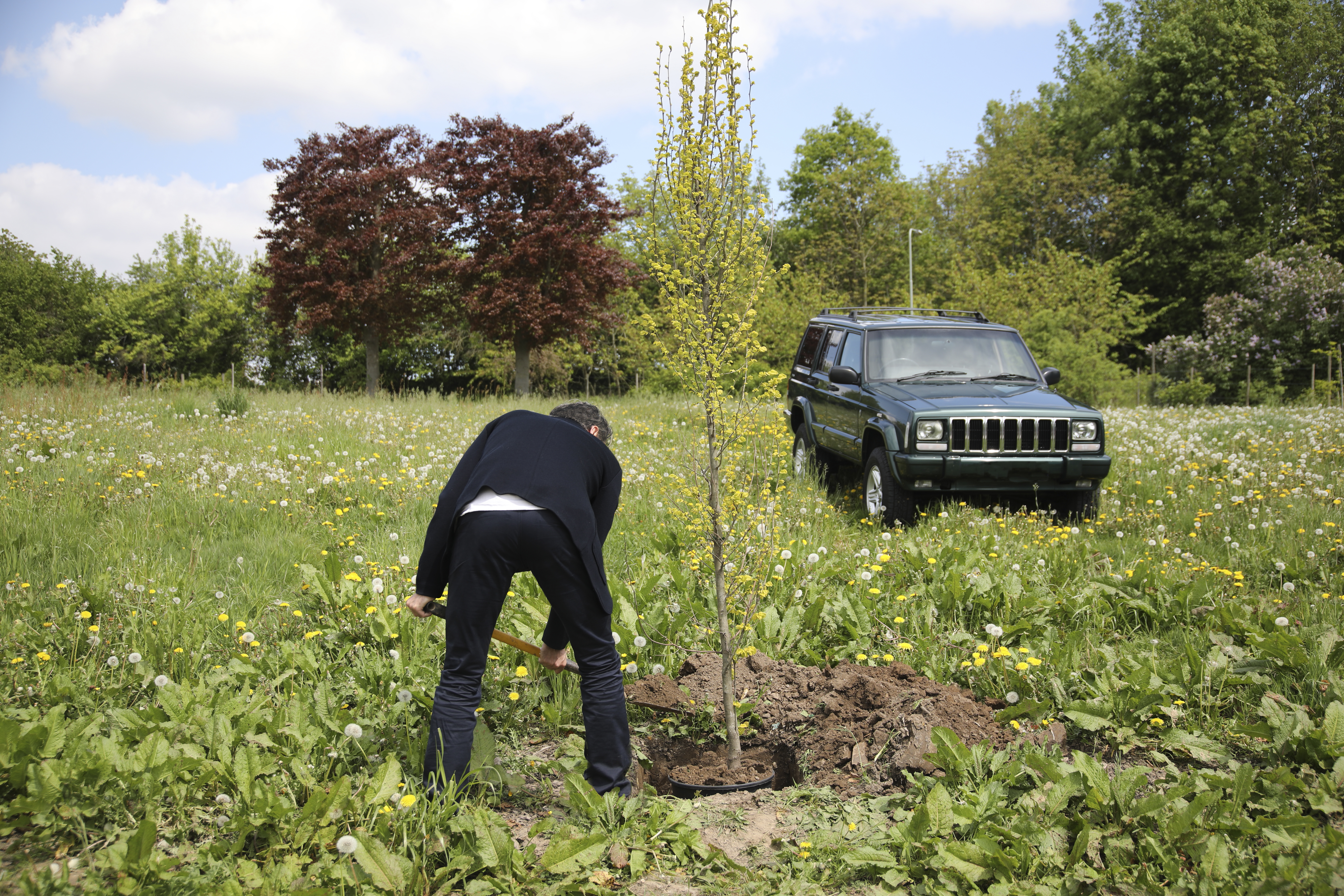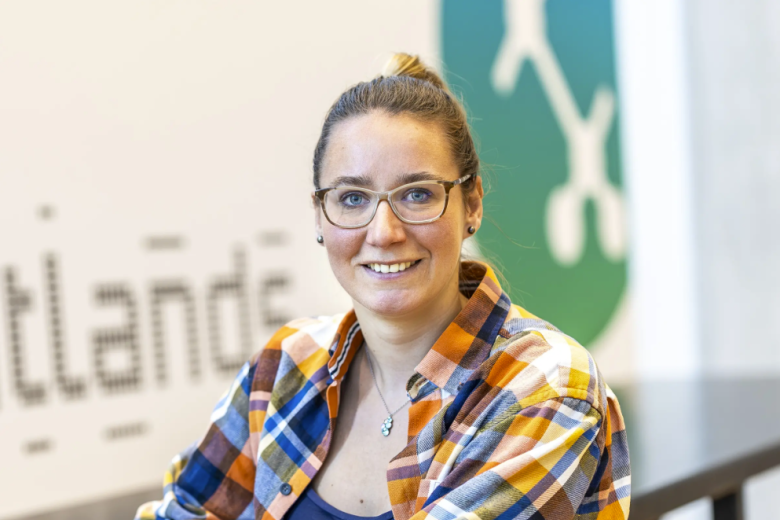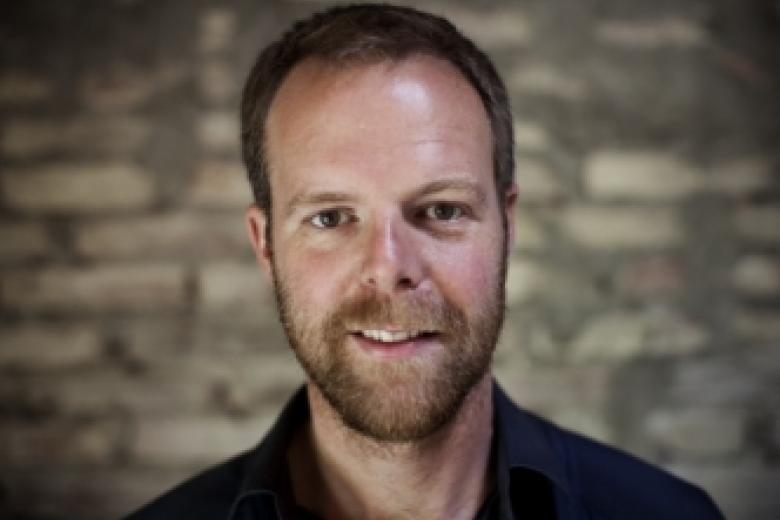Sustainability on economists’ radar
Sustainability has become firmly ensconced in the world of economists. These days, no calculation is made without accounting for environmental effects, corporate responsibility and the long term. “The realisation has grown rapidly”, says Rob Bauer, team leader of Sustainable Development and professor of Finance at the Maastricht University School of Business and Economics (SBE). “Which is great, because economists can and must play an important role in keeping this planet liveable.”
Barely two decades ago, green investment funds were for idealists. Discussions about child labour in the third world were the domain of the left-wing press. Climate change was a faraway phenomenon. Now, pension funds and insurance companies the world over are washing their hands of controversial investments in arms manufacturers and tobacco producers. Shareholders are demanding socially and environmentally responsible policies. Public scrutiny is forcing heads of banks to reject exorbitant salary hikes and bonuses.
Quarter of a century
“The world seems to have changed in just a few years”, says Bauer in his office in the centre of Maastricht. “But sustainability in its various forms and guises has been around for at least a quarter of a century. Certainly at this uni, in this faculty. My fellow researchers have already demonstrated that green buildings in the US are more profitable: higher rents, higher occupancy rates and higher valuations. Not to mention the social return. People have become more aware, especially after the latest crisis and with the ongoing warnings about climate change and possible food and water shortages. Large asset owners like pension funds are calling companies to account on issues like child labour. They have the means and also the obligation to seek the opinions of their supporters.”
Space
After studying economics and obtaining his PhD in Maastricht in 1995, Bauer found himself working for the ABP pension fund in Heerlen. He was promoted from fund manager to head of the research department, only to return in 2001 to his alma mater as professor of Institutional Investments. “Even then sustainability was already on the radar. It’s a real misconception to think that financial economists make their calculations using numbers only. On the contrary, everything is connected. At UM we had, and have, all the space we need to make connections, including across faculties. The bachelor’s degrees pay plenty of attention to sustainability, and then there are the master’s programmes in Sustainable Finance and Emerging Markets, in which finance is an essential part of the curriculum. We also make a point of seeking collaboration with other faculties and other universities. For example, we recently forged an alliance with 18 top universities worldwide in order to analyse sustainability issues and conduct joint research. We’ll be presenting results this summer during a conference in Maastricht. Examples? Building toilets in Bangladesh for girls who miss school when they’re menstruating; that’s very important for their long-term development. Or enabling slum dwellers to produce their own, healthier ovens, which fosters both health gains and entrepreneurial behaviour.”

Collaboration
In addition to collaboration with researchers, SBE is seeking out businesses, governments and other institutes. These efforts gave rise to the European Centre for Corporate Engagement, an SBE-affiliated institute focused on the interaction between sustainability and financial markets. “For example, the influence of shareholders on large companies, which is a very topical theme. Even smaller shareholders, especially ones in a position to sway public opinion, can force decisions about environmentally conscious policies and challenge the bonus culture. Insurance companies and big pension providers like APG and PGGM are becoming more receptive to the opinions of their investors, who don’t like having their money stuck in just anything. Investing in the shares of tobacco manufacturers is also becoming increasingly taboo.”
Real estate
Bauer, together with Piet Eichholtz and Nils Kok, was one of the initiators of GRESB, now the global standard for measuring the sustainability performance of real-estate portfolios. GRESB expanded quickly and has since been snapped up by an American company. “Real estate is the biggest cause of CO2 emissions. If we want to achieve the climate goals and put the brakes on global warming, it’s crucial to make factories, office buildings, shops and especially homes more sustainable. Together with universities and partners in the investment world, including APG and PGGM, GRESB has developed measurement instruments that have become the norm for investment funds. Without a GRESB quality label, it’s hard to find investors these days. That’s something to be proud of.”
Difference
Since last year, Bauer has been SBE theme leader in Sustainable Development. “Actually it’s a theme for the whole university. We’re doing research that is directly or indirectly related to the United Nations’ 17 Sustainable Development Goals. As academics, we can really make a difference: we can independently study and show which measures contribute to these goals. Of course there’s also an important financial-economic component, relating to technology, health and economic development. That’s why we always seek as much collaboration as possible.”
Text: Jos Cortenraad
Photography: Rafaël Philippen
Also read
-
Somewhere between Maastricht and Brightlands
What attracts international students to Limburg? And what does the Brightlands ecosystem mean for their education, research and future? In this series, we speak with students from all over the world who are shaping their careers at or through Brightlands. Ira Berg is one of these students.

-
Christian Ernsten awarded NWA-ORC grant as part of Traumascapes project
Christian Ernsten, Assistant Professor at the Faculty of Arts and Social Sciences, is part of the consortium awarded a prestigious NWA-ORC grant for the project “Traumascapes: Valuing, Negotiating and Sharing Sites of Trauma, Pain and Loss.” The project has received a total of €6.8 million in...

-
Riding the waves of change: From a summer vacation to a life that feels as good as it looks
For SBE alumna Victoria Gonsior, one spontaneous decision: trying surfing sparked a journey of self-discovery, leading her to redefine success, embrace joy, and build a career that aligns deeply with her values. From quiet beaches in Sierra Leone to coaching sessions rooted in purpose, Victoria...